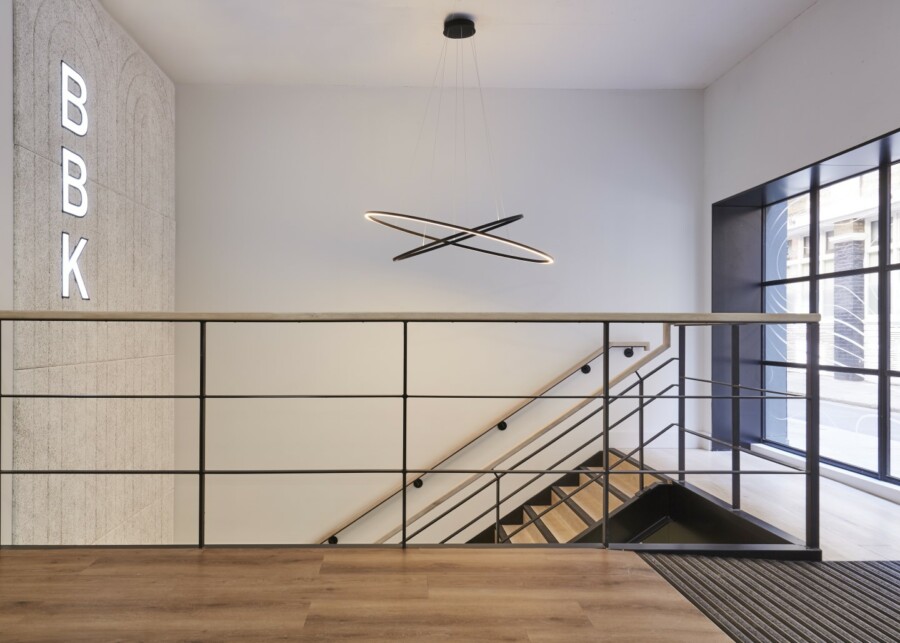Noise Induced Hearing Loss Claims and the MOD
James Dalton of the Association of British Insurers has called Noise Induced Hearing Loss (NIHL) claims the new ‘cash cow’ for Claimant lawyers. Insurers are concerned about the increased number of NIHL claims and this concern has extended to achieve government attention. Richard Mason, deputy-director for civil justice at the Ministry of Justice said that it is ‘not beyond the bounds’ of possibility that Hearing loss claims could be bought into the strict MedCo regime, currently in place for whiplash claims.
These concerns have placed NIHL claims in a negative light in the media. However, what is not discussed is the real problems suffered by each Claimant who brings a claim for NIHL. The rise in litigation in fact represents a growing awareness of the duties of employers in relation to protecting their employees’ hearing. It should be welcomed that they are being held to account. Hearing protection is easily provided and many claims are easily avoided.
Hearing loss is more than a numbers game for insurers and lawyers. Those who have suffered damage to their hearing face limited job prospects, frustration in their daily tasks and isolation as a result of limited ability to communicate. Bringing a claim cannot restore hearing, but can provide hearing protection and compensate for financial losses caused by restricted employability.
Ministry of Defence’s duty of care in relation to hearing loss
The MOD has a duty of care towards their employees in relation to hearing protection, the same as any employer.
In medical terms, hearing is graded from H1 (perfect) to H4. Those with a grading of H2 will have some effect on their employability. Those graded H3 or H4 face a grading of MLD (Medically Limited Deployable) or MND (Medically Non-Deployable). In many cases, personnel with impaired hearing face medical discharge.
Once discharged from the military, many will face further difficulties on civvy street. Ex-Forces personnel tend to choose careers in areas such as close protection, construction, and emergency services, many of which require medicals. Hearing impairment in these occupations will make it far harder to secure such employment. Tinnitus, which often accompanies hearing loss, can also cause serious concentration problems, which further limits job prospects.
Mandatory hearing tests were introduced by the MOD for service personnel in 1976 as part of the PULHHEEMS medical system. As at 1 November 2013:
- 3,530 service personnel were recorded as having H3 hearing of which 430 were noted to have some degree of NIHL
- 630 were recorded as having H4 hearing, of which 90 were recorded suffering from NIHL
It can be seen therefore that hearing problems are far from rare in the forces. Sometimes this is simply due to natural deterioration of hearing that comes with ageing. However, as can be seen from the statistics, a significant portion of Servicemen and women with hearing loss problems have had their hearing damaged by noise.
There are, of course, a variety of sources of noise exposure in military service. The current legislation, Control of Noise at Work Regulations 2005, state that anyone exposed to noise levels of 80dB and above during an eight hour shift must be provided with hearing protection. There is also a requirement to provide hearing protection to anyone who will be exposed to the peak noise level of 137dB. Gunfire, explosions, tank noise and machines can all reach this minimum.
The recent case of Durrheim v MOD [2014] EWHC 1960 QB established that this duty extends to soldiers in a combat zone, but away from contact. The doctrine of Combat Immunity will be interpreted very strictly in relation to hearing loss claims.
Establishing a claim against the MOD for noise induced hearing loss
For the most part, the MOD does act in accordance with its duty of care. Regular hearing check-ups monitor hearing damage and allows for any alteration to be caught early. A variety of hearing protection is offered, from foam plugs to full muffs. In 2009, special moulded earplugs were introduced. These were used in Afghanistan, along with special connections to enable radio communication, allowing soldiers to communicate whilst being fully protected.
However, despite the measures in place, many servicemen and women still suffer from NIHL. Many do not notice that there is a problem until they attend their regular hearing test. Even when tinnitus is present, many will ignore this, hoping it will subside.
If you notice any deterioration in your hearing, or a buzzing in your ears, you should approach your GP or medical officer immediately. If there is a problem, you should receive a referral to an ENT specialist. Measures can be put in place to avoid future exposure. Slight deterioration will not necessarily end a military career and steps should be taken as early as possible to enable further service or a successful civilian career.
Some hearing loss will be unavoidable, but unfortunately some will be exposed to excessive noise through the action or inaction of the MOD.
At Bolt Burdon Kemp we represent a variety of serving and retired service men who have suffered hearing loss and tinnitus due to the negligence of the MOD. If you believe that you may have suffered damage to your hearing through negligence, you should seek legal advice as soon as possible.









